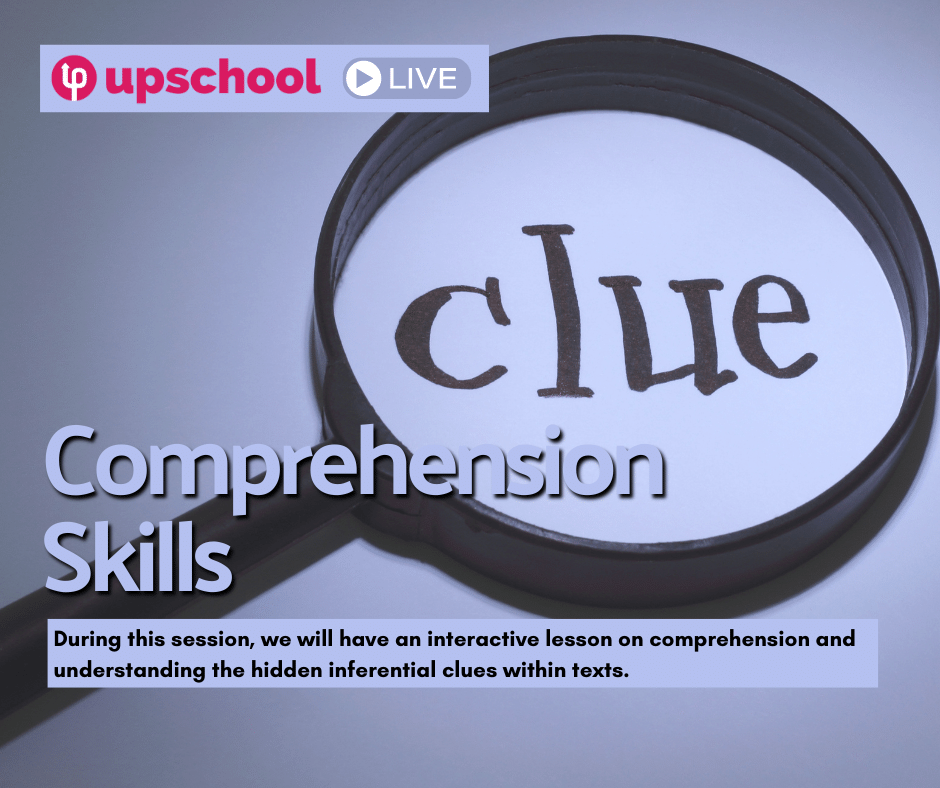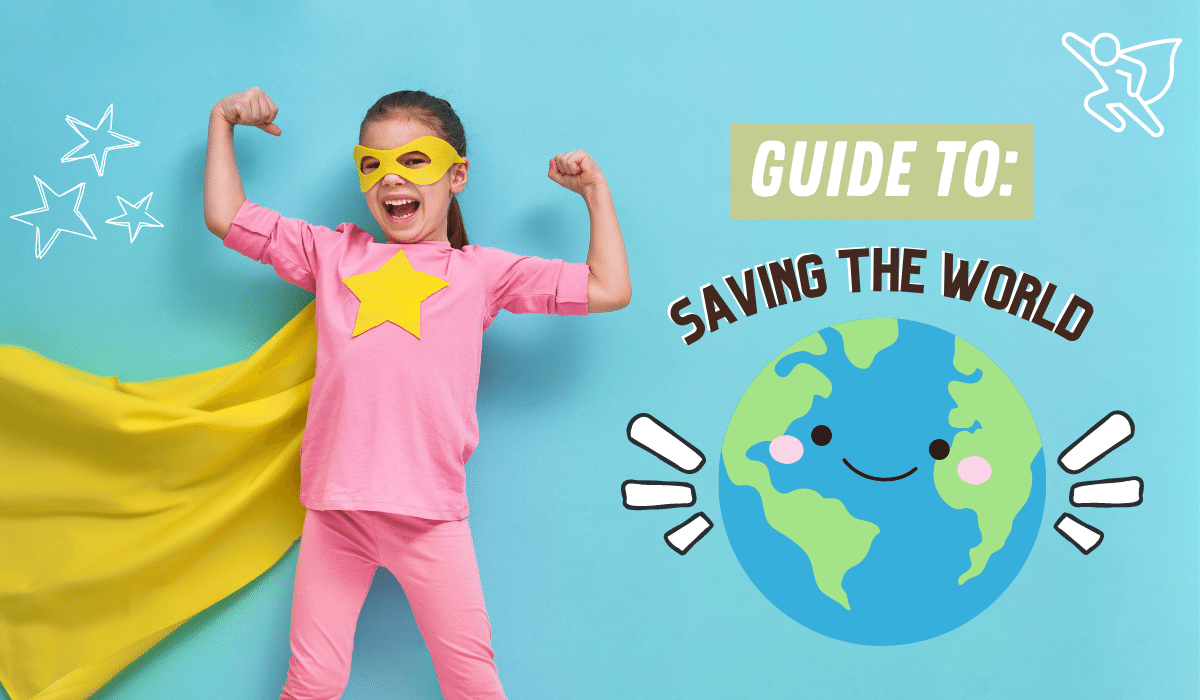Encouraging reflection is an important practice for parents and educators alike. When young children reflect, they build skills like remembering, questioning, investigating, explaining, translating, sharing, and revisiting. These build the essential skills required as children navigate the ever-changing landscape before them.
Daily reflections tools such as these, are amazing ways for parents to start important conversations about what is going on at school and how these interactions make our children feel. A daily reflection chart can be done collectively with children as young as 3 and allows parents to have a direct gateway into the thoughts of the child in a very soft and tactile manner.
Children can often find it very difficult to conceptualise the future. However, a planning document such as the one attached overleaf can help students to make clear objectives and plans for the weeks and days ahead, which also assists with reflection periods during the end of the week. This helps with goal setting and confidence around achievement.
These skills are crucial both in school and in life. Reflection is a valuable part of anything we want to teach students—self-regulation, conflict resolution, planning, and even literacy. It’s also an important skill to learn in and of itself and when set as a weekly or daily task, this is something that becomes a part of who we are.






